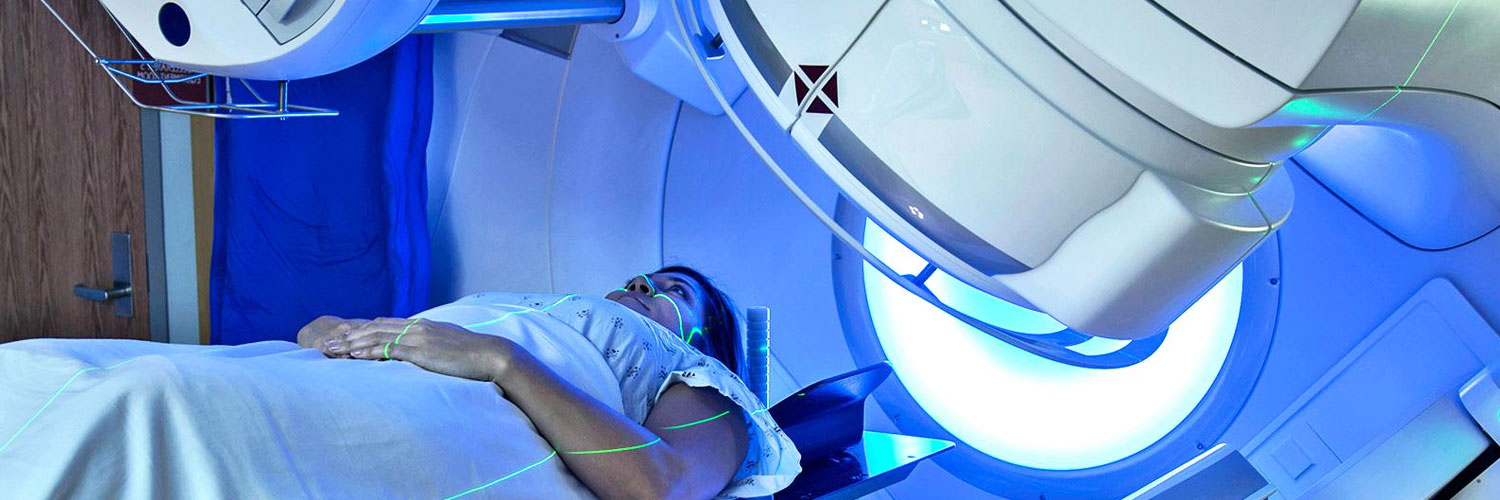Radiotherapy, along with surgery and chemotherapy, is considered one of the three main pillars that form the foundation of cancer treatment. The prominent characteristics of radiotherapy encompass its lower invasiveness compared to other treatment methods, the option for treatment without resection, and enhanced functionality. It also has excellent shape preservation. Hence, certain individuals can receive treatment while maintaining their work or regular activities. In addition, it is said that reintegration into society is faster than other treatments. Radiation therapy may also be considered as a treatment alternative for elderly patients and individuals who face challenges in undergoing surgery or drug therapy due to previous treatments.
However, according to Kavindra Kumar Kesari et al., in the study “Radiations and Male Fertility” the problem stems from the fact that male infertility can be influenced by excessive exposure to pesticides, radiation, radioactivity, and other detrimental substances. This is why research on anti-radiation drugs is becoming more and more crucial. Some notable substances, such as sulfhydryl ammonia compounds, have been shown to have radioprotective effects. However, the severe toxicity and side effects of these drugs limit their application. Several studies have demonstrated that fucoidan possesses not only anticoagulant, antiatherosclerotic, antitumor, and antiviral properties but also enhances frozen sperm quality and other biological characteristics, as well as exhibits antiradiation effects.
Hence, I would like to share the study, “The effect of Laminaria japonica polysaccharides on the recovery of the male rat reproductive system and mating function damaged by multiple mini doses of ionizing radiations” by Luo Qiong et al., that evaluated the radioprotective effects of Makomb polysaccharide (LJP) on male reproductive system damage and copulatory dysfunction caused by multiple low-dose ionizing radiation doses.
In the study, radiation and/or LJP were administered to male rats. In the effects of LJP on mating function damage and recovery in irradiated rats, as shown in Figure 1A, the penile erection latency of all model groups and the LJP 1d group was significantly increased compared with the control group. However, the incubation times of the LJP 7-day and 14-day groups were significantly shortened compared with the corresponding model group. The mounting latency of the LJP 14d group was the only one that closely resembled that of the control group, while all other groups showed a significant prolongation.
Also, testicular organ index, GSH (glutathione) content, serum sex hormone (luteinizing hormone, follicle-stimulating hormone, testosterone, estradiol) levels improved, and MDA (malondialdehyde) content decreased. Following the cessation of radiation, there was a noticeable enhancement in the activities of SOD (superoxide dismutase), GSH-PX (glutathione peroxidase), and LDH (lactate dehydrogenase) after a period of 14 days. Additionally, this enhancement in enzyme activities correlated with a reduction in testicular tissue damage. All indicators in the LJP group were similar to the control group.
In conclusion, the study showed that mating function (erection, riding, ejaculation, etc.), sperm count, and survival rate of the LJP group after radiation were significantly better than the corresponding model group. The findings indicate that LJP potentially enhances the recovery of the radiation-induced reproductive system and mating function.
As a result, LJP has the effect of reducing male reproductive system damage and mating function damage induced by multiple small doses of partial radiation and promoting self-repair.

Source: Environ Toxicol Pharmacol. 2011 Mar;31(2):286-94. doi: 10.1016/j.etap.2010.11.006.
